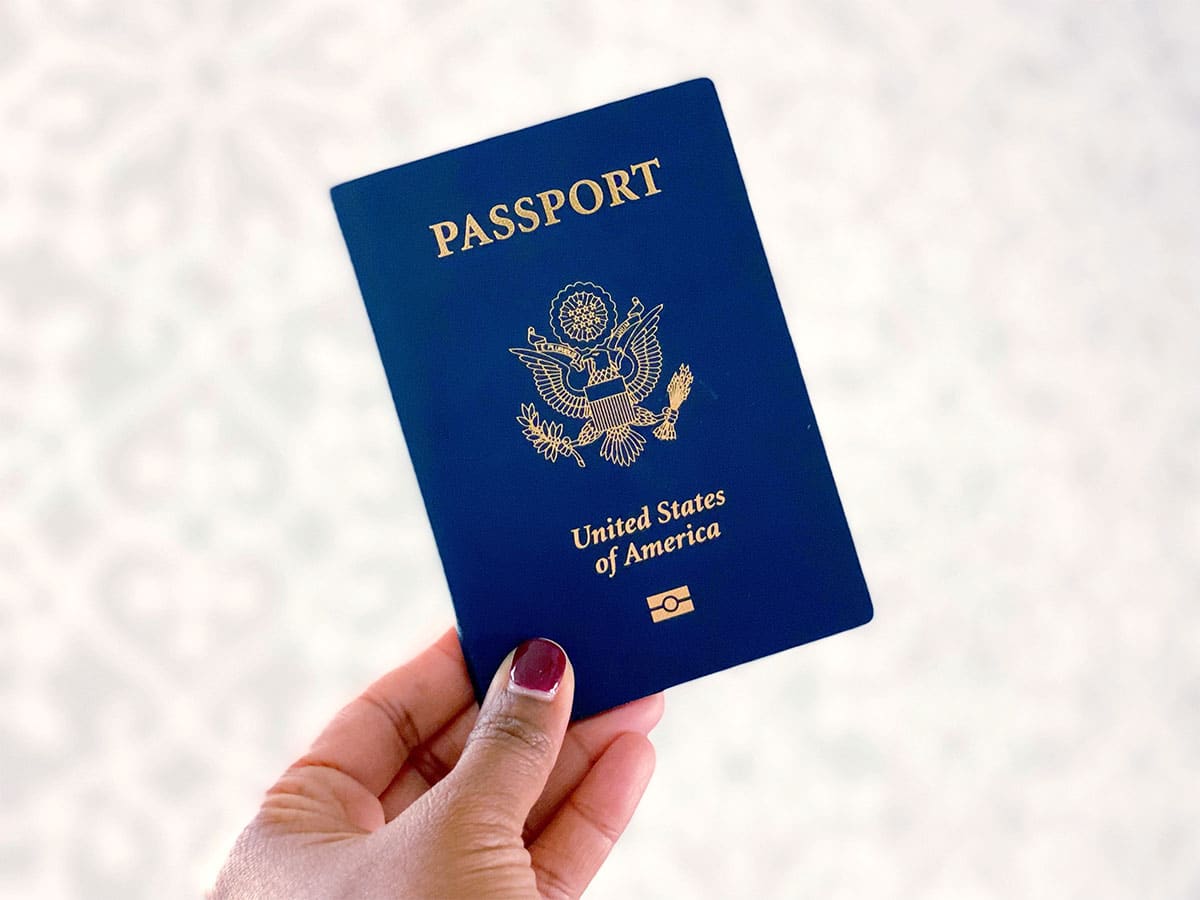I was scrolling through social media recently and came across the video embedded below, of a person exposing a common travel scam that’s well known to frequent travelers but not as known to less frequent travelers.
View this post on Instagram
The caption reads: “Watch out for the rose scam when visiting Italy!” and the description says: “People in the streets will offer you a “free” rose but as soon as you touch the rose they will refuse to take it back and demand money and bother you non-stop for it!”

This isn’t just an Italian scam. Scammers do it all over the world, including here in the U.S. In fact, in 2016, I wrote a tip about Buddhist leaders warning New York City tourists to be wary of fake monks. AP News wrote, “Men in orange robes claiming to be Buddhist monks are approaching visitors to some of the city’s most popular attractions, handing them shiny medallions and offering greetings of peace. They then hit them up for donations to help them build a temple in Thailand, and are persistent if their demands are refused.”
A monk in New York City, who I suspected was a scammer in costume, approached me around the same time but fortunately I knew how to handle it. I’ve learned all over the world to never take anything from strangers. Scammers try their hardest to trick people and the best thing to do—anywhere—is to just keep on moving. If you’re sitting down and someone places something on your table, just ignore it (and them).
My friend Nomadic Matt wrote a piece about travel scams last year including this one, that’s common in Europe. He says, “A friendly person will approach you for a quick chat, then place a bracelet around your wrist or hat on your head, or give you a little sprig of rosemary. Once you have it on your person, they will demand money. When you refuse, they will begin to cause a scene in the hopes you would rather give them some money than be embarrassed. Don’t allow anyone to put anything on your body, and be extremely wary of accepting anything for free. If they put something on you, simply take it off, give it back to them, and be firm about it. Then walk away and move on with your day. They won’t chase you.” Matt’s right.
Have you ever fallen victim to this scam or one similar? Share your experience in the comments.
KEEP READING:
–Is your hotel scamming you?
–Don’t fall for it: Scammers are pretending to be customs and border protection agents
–Cybersecurity and fraud expert shares tips on how not to get scammed when traveling
–How to avoid vacation rental scams
–Don’t fall for these QR code scams
Want more travel news, tips and deals? Sign up to Johnny Jet’s free newsletter and check out these popular posts: The Travel Gadget Flight Attendants Never Leave Home Without and 12 Ways to Save Money on Baggage Fees. Follow Johnny Jet on MSN, Facebook, Instagram, Pinterest, and YouTube for all of my travel posts.




This happens at restaurants. Here in the small town of Santa Barbara, a waiter put a 2nd beer bottle on the table, opened, which wasn’t ordered. I looked up and clearly told him I didn’t order another beer, and he winked at me as he quickly walked away. I assumed he was conveying that it was “on the house”. I put it in the middle of the table (there were 4 of us and only two of us had ordered one beer each. The other 2 weren’t drinking).
My friend took a small swig of the extra beer and put it back in the middle of the table. It was left untouched after that. When the bill came, he had charged us for that extra beer that I told him we didn’t order. I told him to take it off the bill, and to please let me talk to the manager. The waiter came back with the tab again, quickly put the tab on the table as if the situation was resolved, and the extra beer was still on the tab. Needless to say, we paid the full bill and left no tip.
I realized that if we had been a table that had ordered multiple drinks and were a little tipsy, how easy this trick would have worked. I am on the lookout now.
Many years ago on a bus tour in San Francisco, on one of the stops, the guide took
us to a novelty/souvenir store. The lady working there gave an item to my wife.
I have forgotten exactly what it was. The store worker then told my wife to make a wish.
After that, she said, “That will be $10.00.”
My wife paid her but not in a very friendly way. LOL
BTW, there was another passenger who did not fall for it.
A very smart lady.
Thanks for sharing
I just take their roses or whatever and speak gibberish back to them. at least it costs them a rose…
LOL